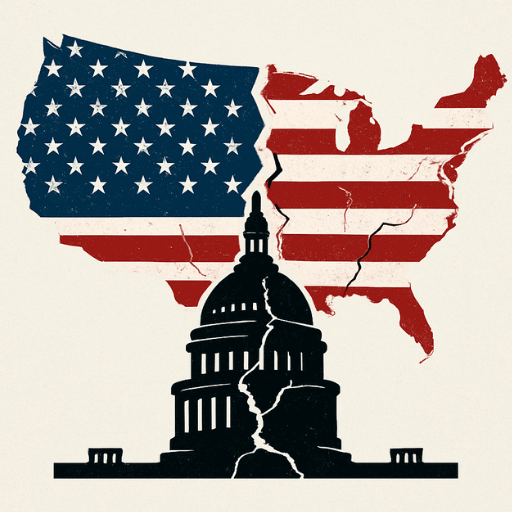Can the President Defund PBS or NPR?
Fact Check: The Public Broadcasting Act of 1967 and Political Pressure on Public Media
✅ Claim: “The Public Broadcasting Act of 1967 created the Corporation for Public Broadcasting. I reread it today; nothing in the law allows a president to defund PBS and NPR. In fact, Congress specifically sought to insulate public media from political pressure.”
Rating: Mostly True
paragraph test
Details:
- The Public Broadcasting Act of 1967 established the Corporation for Public Broadcasting (CPB) to support and fund public media like PBS and NPR.
- The Act was designed to insulate CPB from direct political influence, especially from the executive branch. It prohibits government control over programming decisions.
- However, the president can propose defunding CPB in the federal budget. Only Congress has the constitutional authority to allocate or withhold funding.
A Brief History of the Public Broadcasting Act
In 1967, during the presidency of Lyndon B. Johnson, Congress passed the Public Broadcasting Act, responding to growing concerns about media monopolization and the need for educational, non-commercial programming. The Act established the Corporation for Public Broadcasting (CPB), a private, nonprofit organization tasked with supporting public television and radio.
Key provisions of the law made clear that:
- The CPB is not a government agency.
- Federal officials are barred from influencing programming.
- The CPB may not exercise control over content from local public media outlets.
These safeguards were deliberate. Congress intended to create a structure that could withstand political shifts and protect public media from becoming a mouthpiece for any administration.
Ongoing Political Tension
Despite these protections, public broadcasting has repeatedly been the target of political criticism, especially from those claiming bias in reporting. Over the decades:
- Ronald Reagan‘s administration proposed cuts to CPB in the 1980s.
- Newt Gingrich’s “Contract with America” in the 1990s included efforts to eliminate federal funding for public broadcasting.
- Donald Trump proposed eliminating CPB funding entirely in his budget requests every year from 2017 to 2020.
In all cases, Congress preserved some or all of CPB’s funding, demonstrating that while a president may push for cuts, the legislative branch has final say.
The Bottom Line
The Public Broadcasting Act insulates public media from government control, especially regarding content and operations. However, it does not protect them from defunding proposals. The president cannot unilaterally defund PBS or NPR, but they can propose such actions—and it’s up to Congress to decide.






